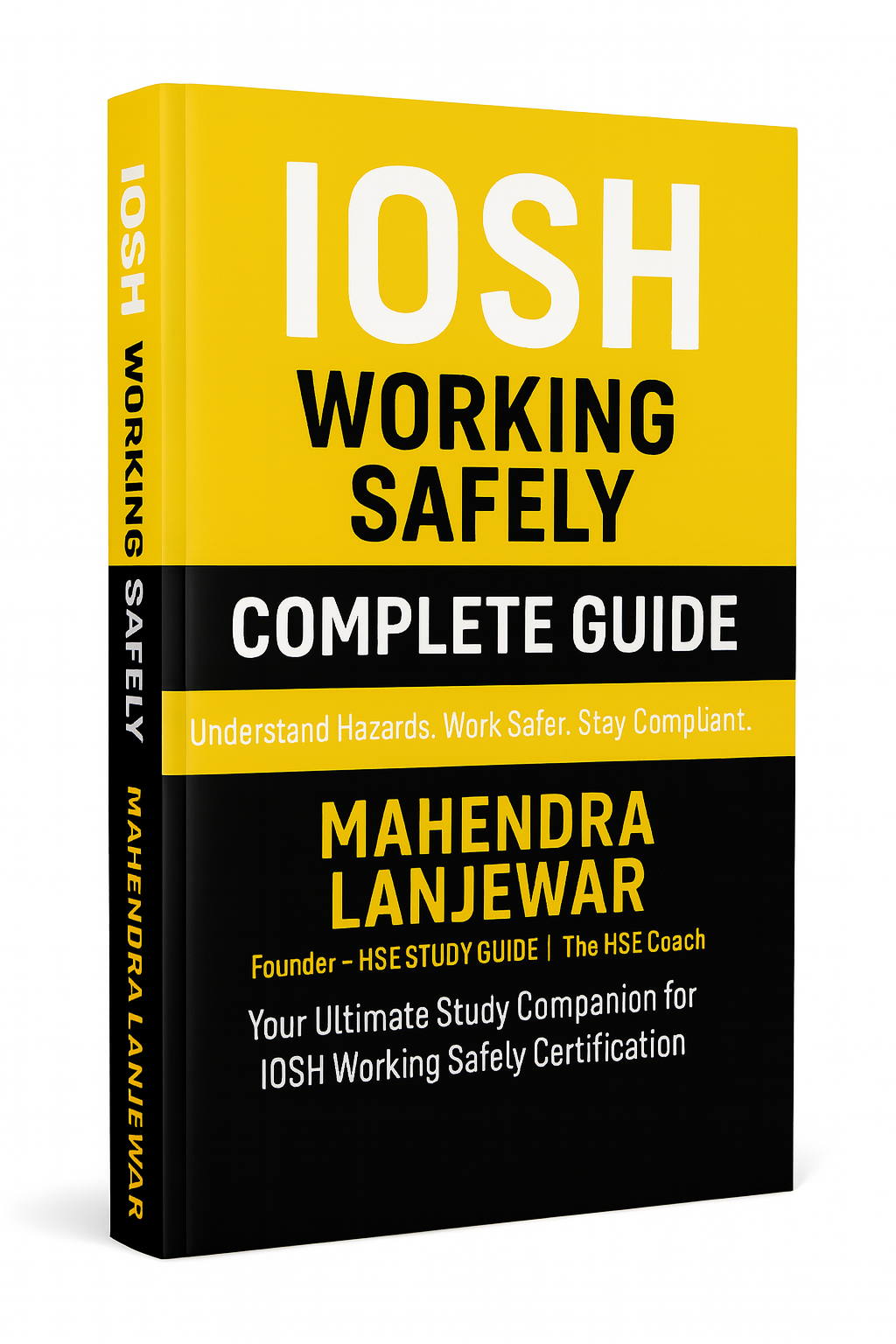
I. Introduction
HSE (Health, Safety, and Environment) Engineers play a critical role in ensuring workplace safety and compliance with regulations. As companies prioritize the well-being of their employees and the environment, the demand for skilled HSE Engineers continues to rise. In this article, we will explore common interview questions for aspiring HSE Engineers and provide valuable insights into formulating effective answers.
II. Preparing for the HSE Engineer Interview
Before diving into the interview questions, it is essential to prepare thoroughly. Begin by researching the company’s safety policies, industry standards, and recent safety-related initiatives. Familiarize yourself with the responsibilities of an HSE Engineer, which often include risk assessments, incident investigations, and emergency preparedness.
III. Technical Questions for HSE Engineers
A. Health and Safety Protocols
- What are the key elements of an effective health and safety program? An effective health and safety program should encompass hazard identification, risk assessment, training programs, emergency response plans, and regular safety audits. It should actively involve all employees in promoting a safety culture.
- How do you handle hazardous material management on-site? Hazardous material management requires strict adherence to handling procedures, storage guidelines, and disposal regulations. As an HSE Engineer, I would ensure proper labeling, employee training, and effective communication about potential hazards.
- Explain the process of conducting a risk assessment. Conducting a risk assessment involves identifying potential hazards, evaluating the severity of risks, and implementing control measures. I would collaborate with relevant stakeholders to gather data, analyze the findings, and develop strategies to mitigate risks effectively.
B. Incident Response and Investigation
- How do you handle and investigate workplace accidents? In the event of a workplace accident, my immediate priority would be to ensure medical assistance for the injured. Once the situation stabilizes, I would conduct a thorough investigation to identify the root cause, analyze contributing factors, and develop preventive measures.
- What steps would you take in the event of an environmental spill? Addressing an environmental spill requires swift action. I would contain the spill, assess its impact on the environment, and implement measures to prevent further spread. Additionally, I would notify the relevant authorities as per regulatory requirements.
C. Emergency Preparedness and Response
- How do you ensure that the workforce is adequately trained for emergency situations? Adequate training is vital in preparing the workforce for emergencies. I would conduct regular drills, provide comprehensive training sessions, and create informative materials to enhance awareness and response capabilities.
- Explain the process of developing an emergency response plan. Developing an emergency response plan involves identifying potential emergencies, designating roles and responsibilities, establishing communication protocols, and conducting scenario-based drills to evaluate the plan’s effectiveness.
IV. Behavioral Questions for HSE Engineers
A. Leadership and Communication Skills
- Describe a situation where you had to lead a team to implement safety measures. In a previous role, I led a team in revamping the safety protocols for a manufacturing facility. I communicated the importance of the changes, delegated tasks effectively, and ensured the team’s understanding of the new measures.
- How do you effectively communicate safety policies to employees? Effective communication involves using clear language, visual aids, and interactive sessions to engage employees. I believe in fostering an open-door policy, allowing employees to voice their safety concerns comfortably.
B. Problem-Solving and Decision-Making
- Share an experience where you identified a safety issue and implemented a solution. During a construction project, I noticed a potential hazard related to equipment operation. I reported the issue to the management, conducted a risk assessment, and recommended safety modifications that significantly reduced the risk.
- How do you prioritize safety concerns in a fast-paced work environment? Prioritizing safety involves assessing risks, considering potential consequences, and addressing immediate threats first. I believe in adopting a proactive approach to prevent incidents and maintain a safe work environment.
C. Adaptability and Stress Management
- How do you handle unexpected changes to safety protocols? Adapting to changes requires a flexible mindset. I would assess the implications of the changes, communicate them effectively to the team, and provide the necessary resources for a smooth transition.
- Describe a high-stress situation you encountered and how you managed it. During an emergency evacuation drill, unforeseen challenges arose, causing panic among employees. I remained composed, provided clear instructions, and calmed the situation by reassuring everyone of their safety.
V. Industry-Specific Questions for HSE Engineers
A. Construction Industry
- What safety regulations are specific to the construction industry? The construction industry has specific regulations related to scaffolding, fall protection, hazardous material handling, and equipment safety. As an HSE Engineer in this field, I would ensure strict compliance with these regulations.
VI. Key Qualities of an HSE Engineer
To excel as an HSE Engineer, several key qualities are essential:
- Attention to Detail: As an HSE Engineer, paying meticulous attention to safety protocols, potential hazards, and regulatory compliance is crucial. Small oversights could lead to significant consequences, making attention to detail a non-negotiable quality.
- Analytical Skills: HSE Engineers must be skilled at analyzing data, conducting risk assessments, and identifying patterns to make informed decisions that enhance safety measures.
- Communication Skills: Effective communication is paramount in conveying safety policies, conducting training sessions, and collaborating with cross-functional teams to implement safety initiatives.
- Problem-Solving Abilities: HSE Engineers encounter unique challenges regularly. They must be adept at identifying problems, brainstorming innovative solutions, and implementing them efficiently.
- Leadership and Management Skills: As leaders in safety, HSE Engineers must inspire and guide their teams toward a shared safety vision, fostering a culture of safety throughout the organization.
VII. Conclusion
Becoming an HSE Engineer is a rewarding career choice that requires a blend of technical expertise, strong interpersonal skills, and a genuine commitment to workplace safety. Preparing for an HSE Engineer interview involves thorough research, understanding the technical aspects of the role, and practicing responses to common interview questions.
Remember, highlighting your technical knowledge, problem-solving abilities, and leadership skills will set you apart as a standout candidate. Approach each question thoughtfully, demonstrating your passion for ensuring the well-being of employees and the environment.
Frequently Asked Questions (FAQs)
- Q: What qualifications are typically required for an HSE Engineer position? A: Most HSE Engineer positions require a degree in engineering or a related field, along with certifications in health and safety management.
- Q: How can I showcase my experience effectively during the interview? A: Use specific examples from your previous roles to highlight your achievements in implementing safety measures and handling critical situations.
- Q: What are some industry-specific regulations an HSE Engineer should be familiar with? A: Depending on the industry, regulations may vary. For example, in the oil and gas sector, knowledge of API standards and safety guidelines is essential.
- Q: How can an HSE Engineer promote a safety-oriented culture within a company? A: An HSE Engineer can organize regular safety training sessions, communicate safety expectations clearly, and recognize employees who prioritize safety.
- Q: What are the current trends in the field of health, safety, and environment? A: Some trends include the integration of technology in safety management, a focus on mental health in the workplace, and sustainable practices.
By preparing well for your HSE Engineer interview and demonstrating your passion for safety, you can increase your chances of securing a rewarding position in this critical field. Embrace the opportunity to make a positive impact by ensuring the safety and well-being of others in your professional journey as an HSE Engineer.





















